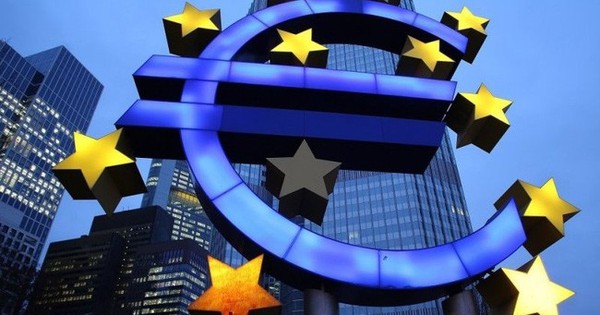European Economy Faces Third Shock
The European and UK economies are currently at risk of facing a series of shocks, according to a report from The Economist. These shocks have put the region’s economic growth in jeopardy.
Energy Shock
The first shock mentioned in the report is the “energy shock” that occurred after the imposition of sanctions against Russia in 2022. The EU and UK economies have only seen a growth rate of 4% over the past decade and have remained stagnant since the end of 2022.
Cheap Imports from China
The second shock is the influx of cheap imports from China, which has greatly impacted European manufacturers’ ability to compete. The Economist suggests that China’s market share of electric vehicles could increase to one-third by 2030, threatening the dominance of companies like Volkswagen and Stellantis.

Potential Third Shock: US Presidential Election
The upcoming US presidential election has been identified as a potential third shock for Europe. If Republican candidate Donald Trump wins, the EU not only loses the security of US military presence but also faces significant economic damage. Trump could easily impose high tariffs on European exports, and the cost of production is also affected by expensive imported liquefied natural gas from the US.
Under President Joe Biden’s administration, a fragile agreement has been reached, but new challenges may arise by the end of 2024. This is an unfortunate timing for Europe, as it requires strong economic growth to increase defense spending, especially when US support for Ukraine has significantly decreased.
Challenges for Europe
Europe is facing multiple challenges, including an aging population, increasing support for far-right political forces, and incomplete market integration. These issues, combined with the potential shocks highlighted in the report, paint a challenging picture for the European economy.
In conclusion, the European and UK economies are currently susceptible to a series of shocks that can significantly impact their growth. As these challenges loom, it becomes vital for policymakers and businesses to strategize and navigate through these uncertain times.
Source: Business Today

